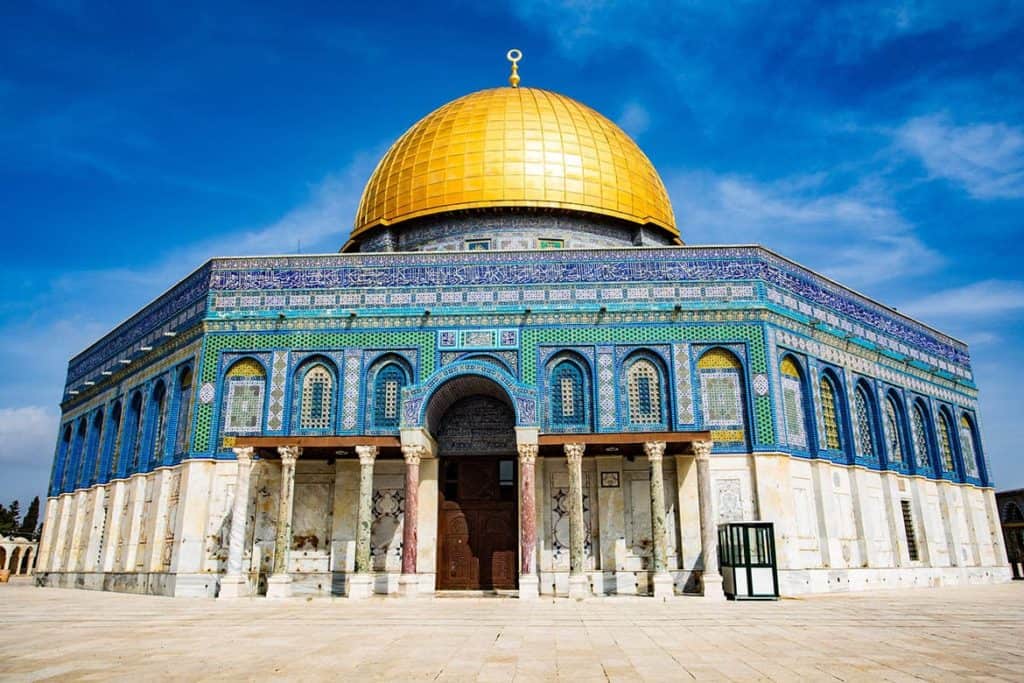Understanding Islam
What Is Islam?
Islam is a monotheistic religion that originated in the 7th century in the Arabian Peninsula, specifically in the city of Mecca. The religion was founded by the prophet Muhammad ﷺ (Peace and Blessing be upon him), who is considered by Muslims to be the last and final prophet sent by Allah (God). According to Islamic tradition, in 610 AD, at the age of 40, Muhammad ﷺ received his first revelation from God through the angel Gabriel. Over the next 22 years, until his death in 632 AD, Muhammad ﷺ received further revelations that were recorded in the Muslim holy book, the Quran. Muhammad ﷺ began preaching the message of Islam, which emphasized the oneness of God and the rejection of idol worship. He gained a small following in Mecca, but faced opposition and persecution from the city’s powerful leaders. In 622 AD, the Prophet ﷺ and his followers migrated to Medina in what is known as the Hijra, this event marks the beginning of the Islamic calendar.

In Medina, Muhammad ﷺ and his followers established a community based on the principles of Islam, and the religion began to spread rapidly. After a series of battles, Muhammad ﷺ and his followers were able to conquer Mecca in 630 AD, and by the time of the Prophet’s ﷺ death, most of the Arabian Peninsula had converted to Islam. The Islamic empire continued to expand during the 7th and 8th centuries, under the leadership of the caliphs who succeeded Muhammad. The Islamic empire reached its greatest territorial extent under the rule of the Umayyad and Abbasid dynasties, and Islamic culture, science, and civilization flourished during this time.
Islam continues to be a major religion in the world today, with over 1 billion followers, and is the second-largest religion globally. It’s also the fastest-growing religion in the world.

In Medina, Muhammad ﷺ and his followers established a community based on the principles of Islam, and the religion began to spread rapidly. After a series of battles, Muhammad ﷺ and his followers were able to conquer Mecca in 630 AD, and by the time of the Prophet’s ﷺ death, most of the Arabian Peninsula had converted to Islam. The Islamic empire continued to expand during the 7th and 8th centuries, under the leadership of the caliphs who succeeded Muhammad. The Islamic empire reached its greatest territorial extent under the rule of the Umayyad and Abbasid dynasties, and Islamic culture, science, and civilization flourished during this time.
Islam continues to be a major religion in the world today, with over 1 billion followers, and is the second-largest religion globally. It’s also the fastest-growing religion in the world.
What do Muslims believe?
Five Pillars of Islam
The Five Pillars of Islam are the five fundamental practices that are considered the foundation of a Muslim’s faith and practice. They are:- Shahada: The declaration of faith, which states “There is no god but Allah, and Muhammad is the messenger of Allah.” This declaration is considered the first and most important pillar of Islam, as it declares one’s belief in the oneness of God and the prophethood of Muhammad ﷺ.
- Salah: The performance of the five daily prayers. Muslims are required to perform the prayers at specific times throughout the day, facing in the direction of the Kaaba in Mecca.
- Zakat: The giving of alms or charity to the poor. Muslims are required to give a certain percentage of their wealth to those in need, as a way of purifying their wealth and helping the less fortunate.
- Sawm: Fasting during the month of Ramadan. Muslims are required to abstain from food, drink, and other physical needs during daylight hours for the entire month, as a way of developing self-control and self-discipline.
- Hajj: The pilgrimage to Mecca at least once in a lifetime, if possible. Muslims who are financially and physically able are required to make the pilgrimage at least once in their lifetime as a way of affirming their faith and demonstrating their submission to God.
Helpful Resources

WhyIslam

The Deen Show
